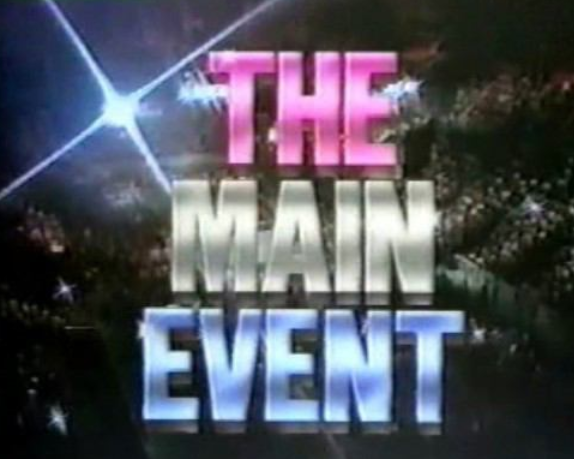Whether trading an event or not it's good practice to be prepared and learn how a market could react

Most data points or central bank events are a lottery. We never know what exactly we're going to get but we can have an idea of which way to lean into an event.
There's always various degrees of risk from the unknown (such as the NFP number) to a general expectation of a central bank or knowledge of a trend in data
There's a few easy steps to take that can give you a gradient and balance of risk
- Know what the market view of the event is
- Calculate that view into risk terms for the different possible outcomes
- Assign those risks to possible price moves
- Trade where the least risk is or decide to cut a position if the risk against it is too great
Let's take today's BOE meeting up soon
1. What's the market's view?
The market currently sees low risk of a hawkish outcome
2. What's the risk calculation of that view?
A. The high risk is that we get something hawkish as that will catch the market off guard
B. The low risk is that the market gets what it is expecting
3. Putting those risks into price moves
Taking the two parts above, in pip terms, there's likely to be a bigger move higher on part A than a move lower on part B
4. Now you know the risk, you know your trade
- If you're short your main risk is a hawkish outcome but the market's view is on your side
- If it's as expected then you may see downside but that may be limited
- If you're long your risk is to get a more dovish outcome or at least what was expected. You're on the wrong side of the market's view
In the case of this MPC meeting, there's no expectations for any hawkish message so the high risk is that we get another vote for hikes or bullish minutes, while the low risk is that everything is unchanged from votes to rhetoric in the minutes
Of course, we can delve much deeper than that, and there are varying degrees of influence that that can affect moves, like how hawkish, dovish or neutral they could be. Overall you should always go into events with at least the basic idea of where the risks are. It doesn't matter if you're trading the event or not, it's all good practice in the long run




